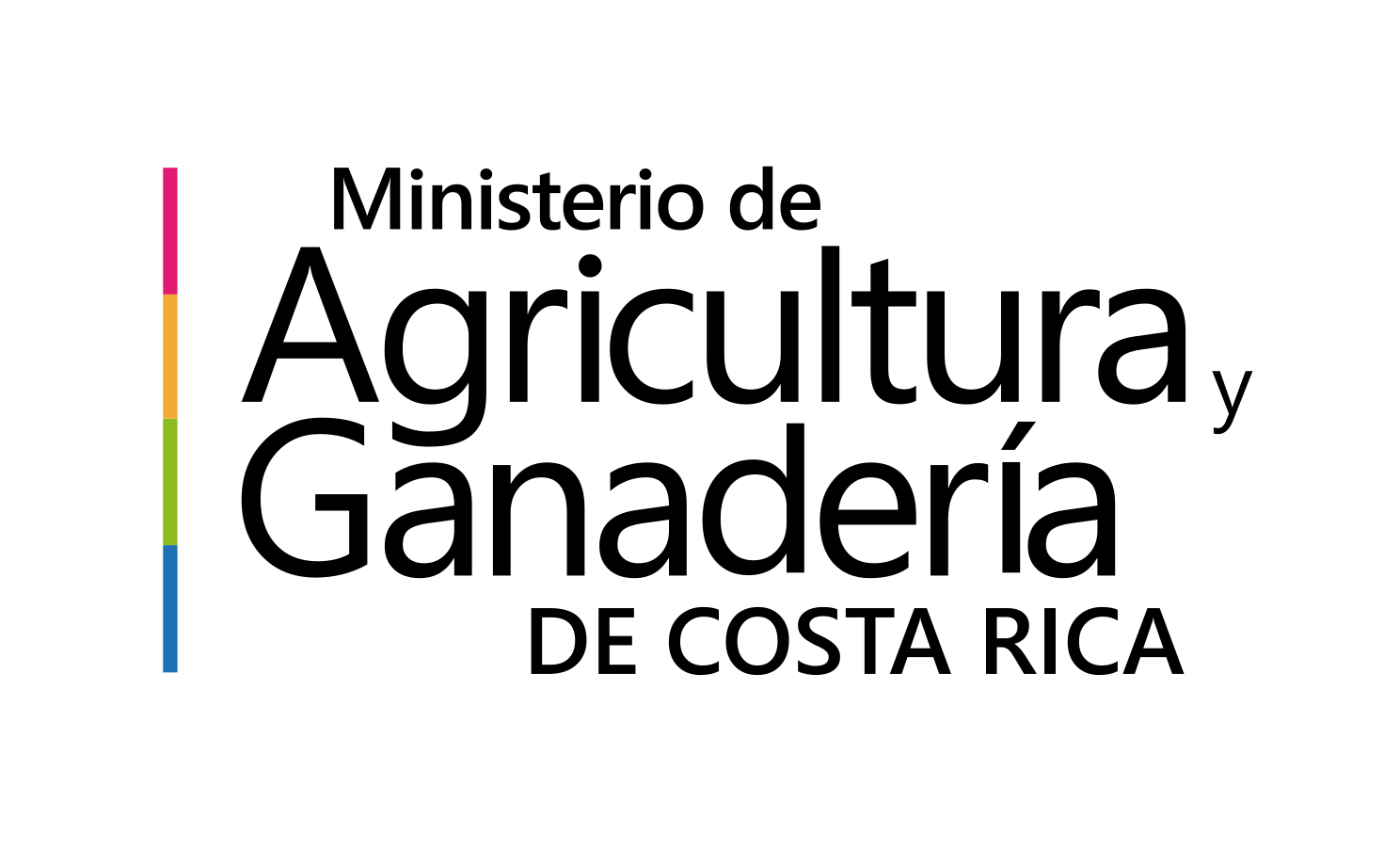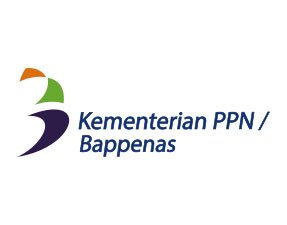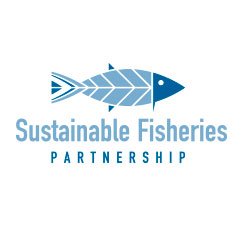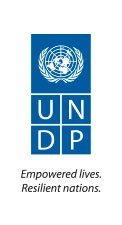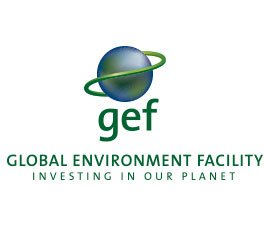Sustainable Marine Commodities Platform
Sustainable Small Pelagic Fishery Platform
The small pelagic fishery is the second most important fishery in Ecuador in terms of revenue. It has more than 23.000 beneficiaries throughout the supply chain and 267 active vessels. The capture is mainly used for human consumption (canned and frozen fish), the reduction industry (fishmeal and oil) and bait for other fisheries.
The national platform is facilitated by the GMC Project and provides a space for multisectoral and inter-ministerial dialogue. The dialogue is led by the Ministry of Aquaculture and Fisheries and provides a space for actors of all small pelagic fish supply chains to discuss the current situation and the problems of the fishery, with the aim of creating a national action plan that will promote the wise use and conservation of the small pelagic fishery resource and promote a participatory fishery management system.
Sustainable Large Pelagic Fishery Platform
The large pelagic platform will bring stakeholders from different fisheries together to discuss the challenges and priority actions required to better manage large pelagic fisheries in Ecuador. These stakeholders will include, but are not limited to, representatives from the purse seine tuna fleet, pole and line tuna fleet, and the longline mahi-mahi fleet. The platform will serve as a governance space where the public sector, private sector, academia and NGOs will discuss National Action Plans to improve the environmental performance of different fisheries. Some of the activities will include.
- Update the mahi-mahi National Action Plan in coordination with the Costal Fisheries Initiative implemented by the government of Perú and Ecuador with the support of UNDP and funded by GEF.
- Monitor the implementation of the tuna National Action Plan.
- Support the implementation of the pole and line tuna NAP.
- Support the development of FIPs and NAPs of other large pelagic fisheries such as swordfish.
